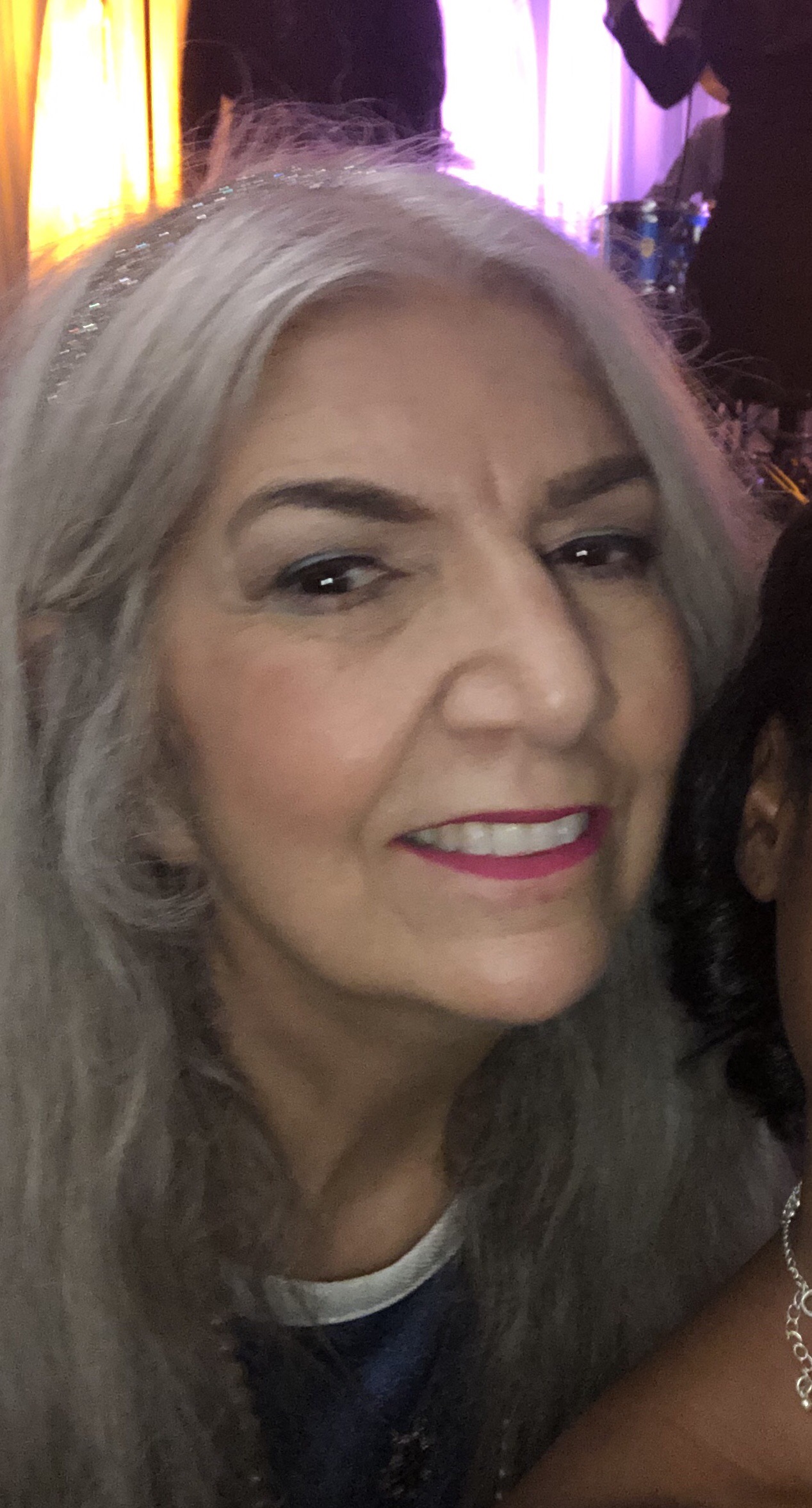English versus Polish
General questions
Ania Marysia published
about 4 years ago

Pawel published
about 4 years ago
Hi Ania,
I think the best translations of się are myself, yourself, himself, herself, etc..
Się in Polish is used in so called reflexive verbs. Reflexive verb is "a verb whose direct object is the same as its subject". You can read more about them here: Reflexive verb. They are also common in French.
It will be easier for you to understand them if I will give you a few examples with translation.
Ja myję I wash (it can be anything, a car, a glass, etc.) Ja myję się I wash myself
On przygotowuje He prepares (something a paper, a presentation) On przygotowuje się He prepares himself
urodzić t0 give birth urodzić się to be born
Not every Polish reflexive verb is reflexive in English but once you know the basic concept it will be easier to undestand the meaning.
Regarding your second question. Polish is a fonetic language and it is estimated that around 95% words are pronunced as they are written. These 5% are mainly words that are difficult to prononuced if we try to read them correctly. For example przepraszam is prononuced as pszepraszam because it is slightly difficult to prononuce rz after p.
I do not know off the top of my head the exact rules but sometimes
rz is pronounced as sz (I call my brother Pszemek even though his name is Przemek 😀)
ę as e (people say prosze instead of proszę)
ą as on (people say piontek instead of piątek)
ę as en (pienta instad of correct pięta) .
I am planning to create a Polish pronunciation course where I will explain it in details.
But for the time being, try to learn the prononuciation and follow it. You will be right in 95% and people will still understand you easily.